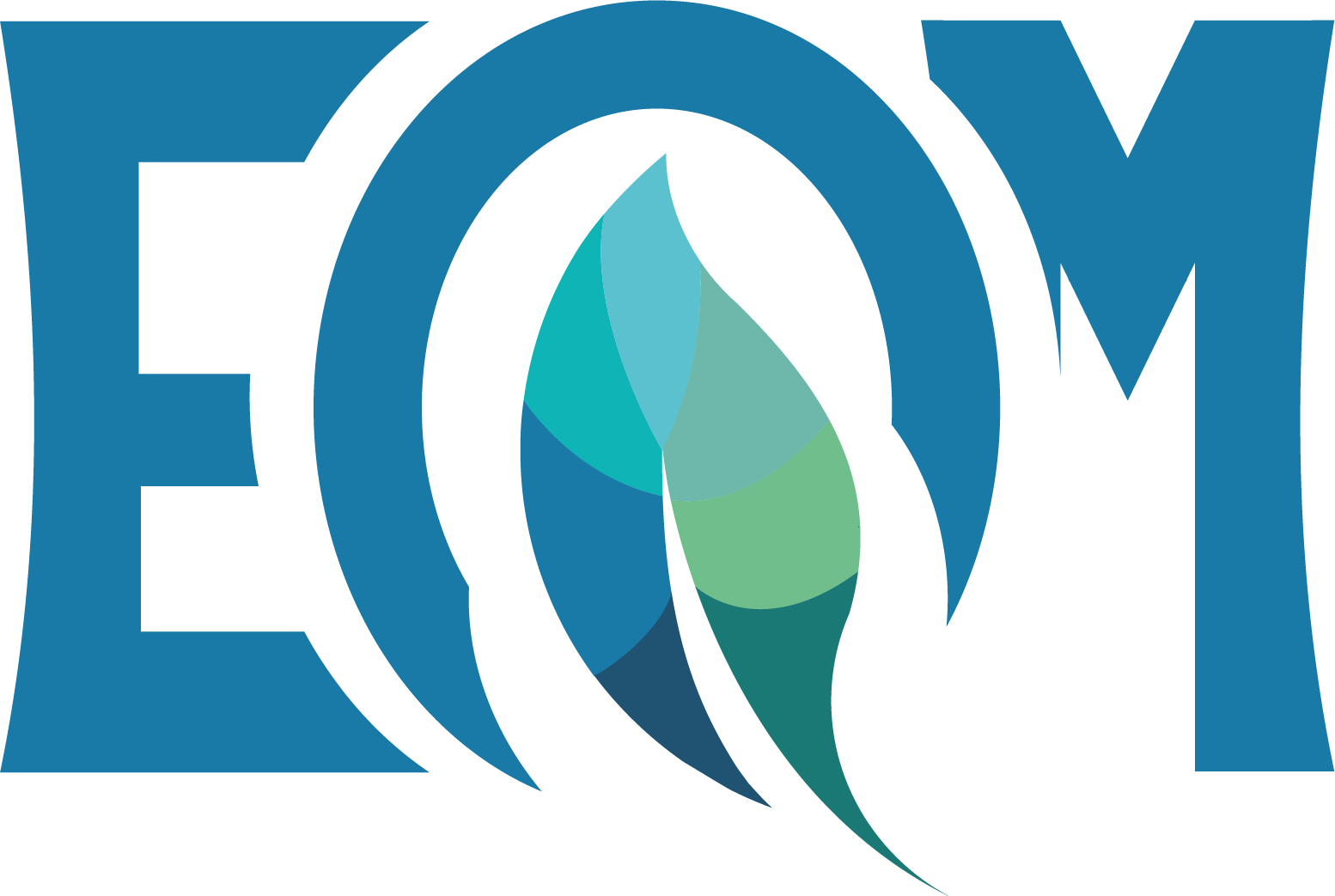
You may wonder why would a company want to be ISO certified and whether it’s worth cost and effort. In this article we’ll answer those questions and describe ways how it can boost your business.
The ISO states for an International Organization for Standardization and is one of the bodies that publishes international standards (e.g. ISO 9001 ref. quality management, ISO 14001 ref. environmental management and many more!).
Going to the point, we’ll divide the question into two parts: the first is whether my company need a business management system at all, and the follow up question, is does my company need a certified or standardised management system (to simplify it – do I need ISO).
To answer the first part, we need to know – what actually ‘system’ means? So, system by definition given in ISO 9000 is a set of interrelated or interacting elements. Taking this definition into consideration the answer to the first part is quite obvious (yes). Most entrepreneurs’ sooner or later recognise the need for some kind of structure within their business. And we can visualise this as if we would build a house. We’d need a Foundation (main business process map), a Framework (processes, procedures, manuals, strategic documents) and Everything else (work instructions, operational documents, job descriptions, forms, templates).
The follow up question is why would my company want to have a certified or standardised management system. Here are 8 ways ISO certification can help your business.
1. Build customer trust and increase credibility
Using internationally recognised standards like general quality management standard ISO 9001 or industry standards (e.g. AS 9100 for aerospace industry) helps to get and build customer trust in products and services and facilitates the trade. Even though the management system concerns an organization, not products or services, customers and users perceive products and services produced by certified organisations as more reliable. This is because the standard requires, for example, continuous improvement and removal of the causes of non-compliance. In many industries in business to business relationships the certification is required by customers. If your company is trying to become a qualified supplier to global well-known producers usually it is required to implement standardised management system.
Quality is when customers coming back and not the products.
2. Ensure repeatability
Standards ensures repeatability in production and all business processes. Through to standardisation we can have consistent results, every time the same. It helps to scale the business, so that each business unit regardless of geographical location and other factors can provide the same results.
3. Improve efficiency and profit
Implementation of standards helps reduce wastes and improve efficiency through the implementation of corrective actions after mistakes and preventive measures, so that problems can be avoided. The certification enforces a continuous improvement strategy, so certified companies always are seeking ways to reduce waste, improve efficiency and consequently profit. The management system generally improves management and processes and helps in organising many issues in the company during the process of creation system documentation.
4. Boost staff performance and productivity
Implementation of standards ensures continual training and implementation of development programs for employees to equip them with the skills to cope with the changing needs of customers and the changing business environment. Properly planned processes and procedures, makes that the staff does not have to think about the sequence of activities or what else has to be done in order not to miss anything, which helps to perform certain activities automatically and increase staffs productivity.
5. Spread the knowledge
Standards are important sources of know-how and spread knowledge and best industry practices. Those documents have been created by and consulted with experts in a given industry, so there is no point to reinvent the wheel. ISO standards are recognized around the world, so it is worth using them as a source of best practices.
6. Improves reporting and communication
The key to successful implementation is often through the involvement of all people within the organisation, this significantly improves the internal communication. The company need to ensure that procedures to control internal and external communication are in place. Lack of communication is one of the main root causes for errors in business, by improving communication we can learn from mistakes and avoid them in the future.
7. Better response to risks and crisis situations
A systemic approach to management allows to reduce the number of failures and accidents and minimize their potential negative effects. This is due to the introduction of risk management elements and preparation of emergency procedures.
8. Lower costs
The implementation of management system often leads to reduction in costs due to the reduction of losses caused by defects or non-conformities, lower costs of internal defects and warranty repairs, as well as reduction of losses caused by a product. Moreover, obtaining and maintaining a certificate may lead to a reduction in insurance premiums. This is because insurers recognise that certified companies have adequate processes and controls to reduce risk. In case of Environmental management systems additional benefits may include: reduction of costs through the rational management of raw materials and resources, saving energy, utilities, materials, reducing the amount of waste, reducing or eliminating pollution, appropriate preparation of storage, packaging and transport processes. As well as reducing fees or reducing the risk of financial penalties.

Ph.D. Beata Paliwoda
Founder and Owner of EQM. Environmental and quality consultant and auditor. Professional career built in Quality Assurance departments in various companies from the automotive, aerospace, railway industries, as well as a management systems consultant. Successfully completed many complex projects related to the implementation of management systems, process improvements and business transformation. Auditor of ISO 9001, ISO 14001, AS 9100, project manager of APM, lecturer at the Poznan University of Business and Economics, researcher on the effectiveness of EMS and QMS in organisations.





